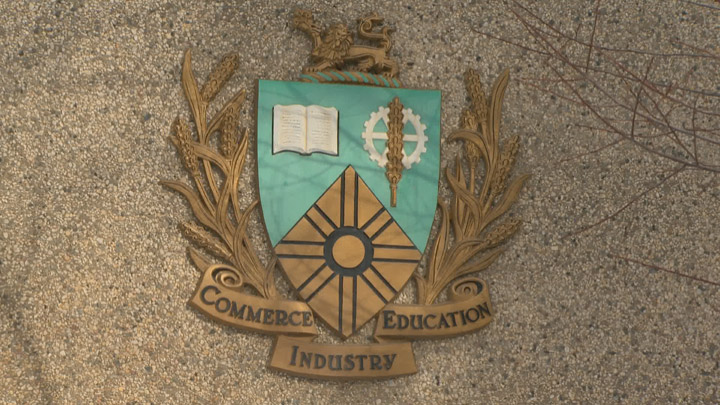Saskatoon’s Governance and Priorities Committee discussed a projected $8.3-million deficit listed in Monday’s 2022 Financial Report.

Administration had predicted the deficit to sit around $6.8 million in August, with November’s report listing what the major differences were.
It said there was a revised estimate for the decreased supplementary property taxes of approximately $2 million and a decrease in franchise fees that tallied a deficit of $713,000.
The report added that this was offset by more savings being found in staff training and travel, staff vacancies, materials, office supplies and other expenditures that raised the projection to $3.8 million from $2.5 million, as well as an increase in the estimated surplus from Saskatoon Transit, up to $4.2 million from $3.5 million.
“We’ve undertaken a discretionary hiring freeze,” Chief Financial Officer Clae Hack said.
“Any positions that would have not a significant service level impact we’ve been making considerations either to deferring those or leaving those vacant.”
However, he noted there are very few positions that do not have a service level impact in one way or another.
The City directed administration back in March to “take the appropriate steps to implement Option 2 by maximizing the Administrative operating options to realize the $7 million in global reductions/targeted savings and utilizing year-end options to mitigate the reliance on the Fiscal Stabilization Reserve.”

Get daily National news
“We’re getting to the point where, I don’t want to say we’re budgeting for a deficit, but definitely the service levels we’re providing and the resources behind there are starting to get misaligned a little bit,” Hack said.
The budget for 2022 is supported by $13.8-million in funding aimed at helping the city with the impacts from COVID-19. That funding is reduced to $10 million for the 2023 budget, with no funding available for 2024.
“It’s tough to have a crystal ball, but I think 2024 will be a very interesting year as that one-time funding gets removed and we kind of appraise it,” Hack said.

It was noted in the report that the city’s controlled corporations weren’t included into the forecast.
SaskTel Centre has an agreement that it will guarantee to be profitable for 2022, TCU Place is expecting a deficit of $957,000, and Remai Modern is forecasting to break even.
Jason Aebig, CEO for the Greater Saskatoon Chamber of Commerce, submitted a letter to the committee urging the city to not raise taxes.
“Business owners have based their plans on the 3.53% property tax rate increase set by City Council last year, along with the increases to utility rates approved as well. Another rate increase – on top of the tax and utility rate increases passed by Council only 12 months ago – would create unnecessary instability at a time when we need these job-creators to grow our economy and capitalize on the opportunities before us,” read the letter.
Aebig suggested that the city should freeze the 3.53 per cent rate increase, act on the City administration’s cost saving options, and defer the hiring of 30 full-time equivalent positions to address the City’s budget shortfall.
“A majority of the City’s operating expenditures (59%) are staff salaries and payroll costs. Deferring hiring would help the close the budget gap,” Aebig wrote in the letter.
“It would also afford the City time to re-evaluate the need for these positions all together, given that operational and other circumstances have likely changed since last year’s budget deliberations. Outsourcing or contracting local suppliers to do the work; re-assigning duties within the corporation or expanding the scope of existing roles to get the work done; or adjusting service standards to more affordable levels could all be viable alternatives to pursuing these hires.”
Aebig added that many small- and medium-sized businesses have not returned to pre-pandemic levels and couldn’t handle another tax increase, noting that they made up 95 per cent of Saskatoon’s business community.











Comments